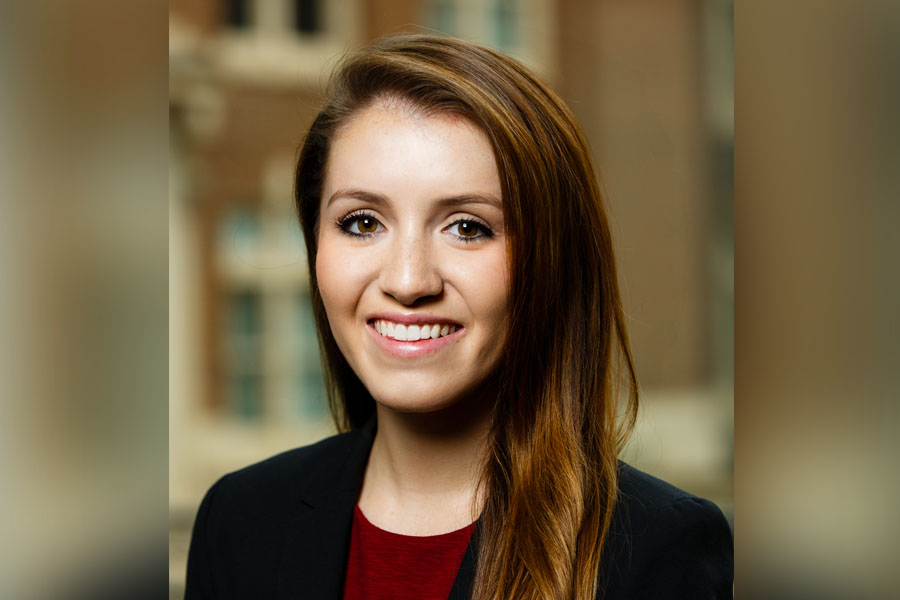What is your current role in health care?
“I’m currently the Program Director for the divisions of Gastroenterology and Hepatology. The Northwestern Medicine system currently has 11 hospitals, and many ambulatory settings. This role works to connect sites of care and aid in strategic planning and integration. I enjoy this work as it is housed within a division where you are able to see the outcomes of your efforts. Some of the efforts I oversee include clinical integration, philanthropy, university/faculty affairs, data management, and marketing/reputation.”
What stands out as a favorite memory during your time as an MHA student?
“While looking back on my time in the program, my favorite memories are always with the cohort itself. I was so impressed by the diversity of thought amongst the team. It was awesome to see unique backgrounds and work together to solve complex cases in school. In addition, unlike large undergraduate classrooms, I felt that this group was super connected and focused on building a culture together. I cherish the memories made within the MHA family. Of course, I would be remiss if I didn’t mention the fishing trip – anytime you can bring everyone together is a great opportunity to bond and connect quickly.”
How has the MHA Program helped prepare you for your career?
“The Minnesota Problem Solving Method is something that I still rely on to this day. Even in fellowship or job interviews post-program, those hiring respect the fact that you are eager and able to aid wherever you may be thrown in. Lean into this methodology – it is not about knowing everything day one, but it is about your ability to problem solve which makes you nimble and a better candidate for future roles.”
What challenges and opportunities will healthcare leaders encounter in the next 5-15 years? What skills will leaders need to be successful in light of these challenges and opportunities?
“More and more every day I see opportunities to have joint ventures with non-healthcare organizations, and we see that significantly with the tech industry. The ability to be agile and understand care transformation are big opportunities, specifically in the sense that you are able to work with people who don’t understand the healthcare landscape from a boots-on-the-ground perspective, but still want to enable change in healthcare.
Change management is a core skill. I have found that people can be extremely brilliant and thoughtful but if they don’t know how to implement or get people to trust the process, it’s not going to happen. Try focusing on the ability to move at the speed of trust – really make sure everyone’s involved in the process, and stakeholders are engaged. That will allow healthcare to be able to adapt to new technologies in a way that’s comfortable for all of the parties involved.”
If you could give one piece of advice to a current student, what would it be?
“I would tell students to push their boundaries. Personally, I was extremely uncomfortable with public speaking, so I volunteered to do things that I was uncomfortable with because school is a safe environment where you need to learn and grow and push yourself. For example, do a case competition. I did one, and was petrified, but it allowed me to grow. In interviews, I was able to speak about these experiences and life lessons around putting yourself out there and learning from successes and failures. You’ll continue to gain comfortability in yourself, your skills, and your ability to articulate what you are thinking because of these experiences.”
Why is your class the best class ever?
“I think the Minnesota MHA program is a class within itself. It is a compilation of the legacy and success of my peers and those who have attended before me. It is a humbling experience to know how cared for you are while being in this program, and without those being willing to mentor and aid in my career, I would not be where I am today. Minnesota, as a class, will always be the best class.”

